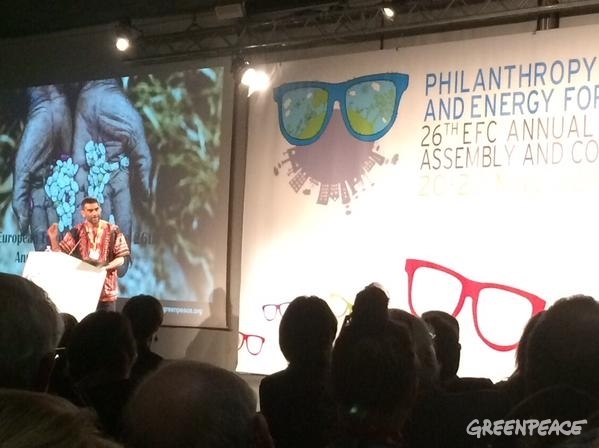
OVERVIEW
MANAGEMENT
PERFORMANCE
POSSIBILITIES
CAPITALS
ACTIVITIES
ACTORS
BURGESS
Food / Agriculture |
|
Burgess COMMENTARY |
|
Healthy food for the future must be added to the global agenda today
On May 1st 2015, The Milan Expo opened its doors to the public amid numerous scandals, from corruption to incomplete projects. The expo is meant to be an opportunity to connect and discuss the future of the planet. The multi-million dollar pavilions, often questionably funded by huge multi-national companies are meant to showcase and allow visitors and nations the space to discuss a way forward to feed the growing population, estimated to reach 9 billion within the next 50 years. The space is supposed to be used to find solutions to end hunger on one side and obesity and food waste on the other, but there is not much time for real discussion. There is a general consensus that the current industrial chemical intensive model is broken and is unable to respond effectively to the significant changes in the environment; it is also responsible for increased emissions. Although there is a growing appreciation amongst governments and development partners for the potential of ecological farming systems, many donors struggle to identify mechanisms via which to channel assistance to such interventions in Africa.
This gap is filled by Greenpeace’s recently released report, “Financing Ecological Farming in Africa- a guide for international donors”[1]. The report findings – released at the Annual General Assembly of the European Foundation Centre – address the perceived challenges in funding ecological agricultural systems that put people first. Ecological farming ensures healthy farming and healthy food by protecting soil, water, and climate. It promotes biodiversity, and does not contaminate the environment with chemical inputs or genetically engineered plant varieties. For donors and philanthropies, investing in this model means that you are actively supporting an ever growing movement that has set out to ensure food security while protecting the environment. In meeting with funders from across the globe, Greenpeace aims to encourage donors and philanthropies to work hand in hand with national governments to increase support for small scale farmers as well as phase out chemical input subsidies and all the unnecessary barriers to ecological farming. Ultimately, Greenpeace urges the philanthropic community to maintain natural ecological processes that support food production systems by supporting small scale farmers. [1] http://www.greenpeace.org/africa/en/Press-Centre-Hub/Publications/Financing-Ecological-Farming-in-Africa/ |
|
Blogpost by Shanaaz Nel, Political Advisor Greenpeace Africa
June 2, 2015 at 12:19 |
| The text being discussed is available at http://www.greenpeace.org/africa/en/News/Blog/healthy-food-for-the-future-must-be-added-to-/blog/53072/ and |

